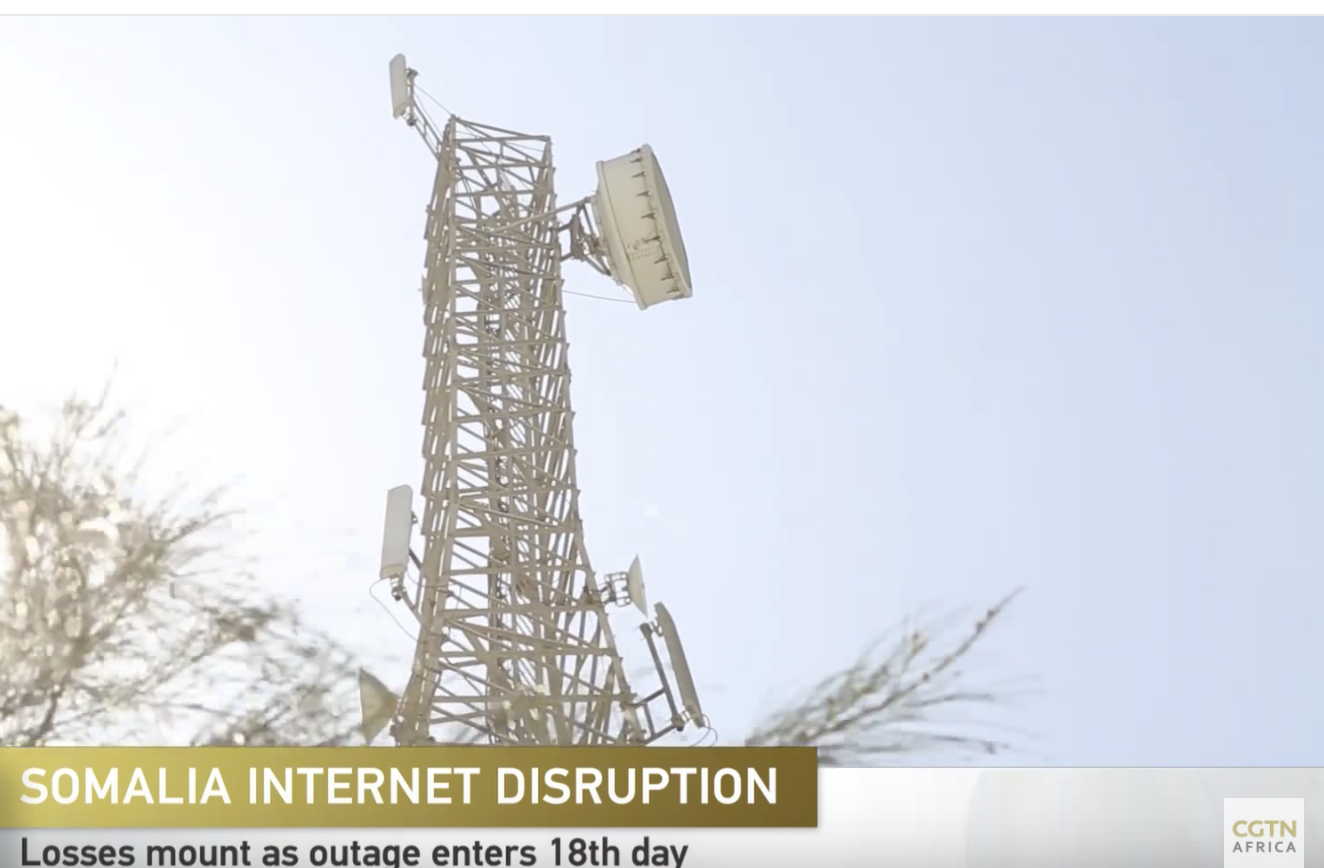Robyn Kriel and Briana Duggan
(CNN)In the vital transport corridors of the troubled Gulf of Aden, an old but dangerous adversary has returned to the seas — pirates.
But they may not be acting alone.
Four years since piracy attacks reached their peak, CNN sources have found threats on Somali waters are broader than ever.
Pirate kingpins
CNN has learned that the United Nations and the United States are investigating at least two pirate kingpins for providing material support to terror groups.
That ‘material support’ includes helping factions of the two terror groups, al Qaeda linked al-Shabaab and Somalia’s ISIS faction, who ironically despise each other, smuggle weapons and perhaps even people across the Gulf of Aden.
One of them is Mohamed Garfanje, the kingpin of the Hobyo-Haradhere Piracy Network, which thrived in the tiny fishing village of Haradhere — often considered the birthplace of modern Somali piracy.
Garfanje is also one of the main suspects wanted for the kidnapping of American-German journalist Michael Scott Moore in 2012.
Moore tells CNN he met Garfanje during the harrowing two years and a half he spent as an hostage.
According to three sources CNN has spoken to, Garfanje is believed to have helped al-Shabaab smuggle weapons and ammunition into Somalia.
He is also still carrying out pirate attacks, according to leading piracy watchdog organization, Oceans Beyond Piracy.
“Garfanje should be in jail,” Moore said. “If it’s true that he and Bakeyle (another pirate) are out catching ships again, then they should be rounded up by authorities and prosecuted.”
Another pirate kingpin, whom CNN is not naming, is believed to have been smuggling arms and people to ISIS’s small but worrisome faction in Somalia, based in Qandala, in the semi-autonomous region of Puntland, according to UN and US sources.
UN sources say he has assisted ISIS with logistics and has a relationship with Abdulkadir Mumin, the leader of ISIS in Somalia.
Oceans Beyond Piracy researchers believe he is behind some of the recent piracy attacks in the Gulf of Aden.
The Gulf of Aden off Somalia has been plagued by crimes at sea for years. It has been destabilized by a devastating, decades-long civil war on land.
After a four-year lull, more than 12 maritime piracy attacks have occurred off the coast of Somalia so far this year, according to this report by Oceans Beyond Piracy.
U.S. response
The recent pirate attacks have attracted comment from the US Military. During US Secretary of Defense James Mattis’ visit to the US base in Djibouti, he spoke on the rise in piracy in the region.
Mattis told reporters that the US military was monitoring the situation but he added that he didn’t see the US playing a “big military role.”
However this could change if those pirates are proven to be substantially aiding terrorists, says Joshua Meservey, a senior policy analyst for the Heritage Foundation, a conservative think-tank that has provided policy recommendations to President Donald Trump’s administration.
Meservey told CNN that the US would have an incentive to disrupt the pirate networks if it “gains conclusive evidence that pirates are actively helping al-Shabaab, such as by smuggling weapons to them.”
Jason Warner is a professor at the US Military Academy, West Point, in the academy’s Combating Terrorism Center. “At the very worst, there is active collusion; at the very least Shabaab gets a cut of the money from pirates emanating from Shabaab-held ground. There have also been instances of Shabaab taxing the pirates,” he told CNN.
“With the current trends indicating that piracy is once again picking up off the Horn of Africa, these relationships between pirates and Shabaab will likely re-emerge as an important flashpoint,” Warner said.
“I think Trump does care about Somalia,” said Meservey. “He is clearly focused on terror threats, and al-Shabaab remains an effective, active terrorist organization.
“It also once attracted dozens of Americans to join it, and the fear is that it could do so again. I think the trend that began under Obama towards a more active military role in Somalia will continue with Trump,” he added.










 An internet outage is causing huge losses to Somalia's economy as it enters its 18th day. Somalia's only undersea cable was cut...
An internet outage is causing huge losses to Somalia's economy as it enters its 18th day. Somalia's only undersea cable was cut...

 HOUSTON - Thieves stole a very important document from a naturalized U.S. citizen living in Houston and now she feels victimized again after...
HOUSTON - Thieves stole a very important document from a naturalized U.S. citizen living in Houston and now she feels victimized again after...



 MOGADISHU, July 11 (Xinhua) -- U.S. Secretary of State Rex Tillerson has expressed Washington's support towards flushing out Al-Shabaab militants from Somalia. A...
MOGADISHU, July 11 (Xinhua) -- U.S. Secretary of State Rex Tillerson has expressed Washington's support towards flushing out Al-Shabaab militants from Somalia. A...